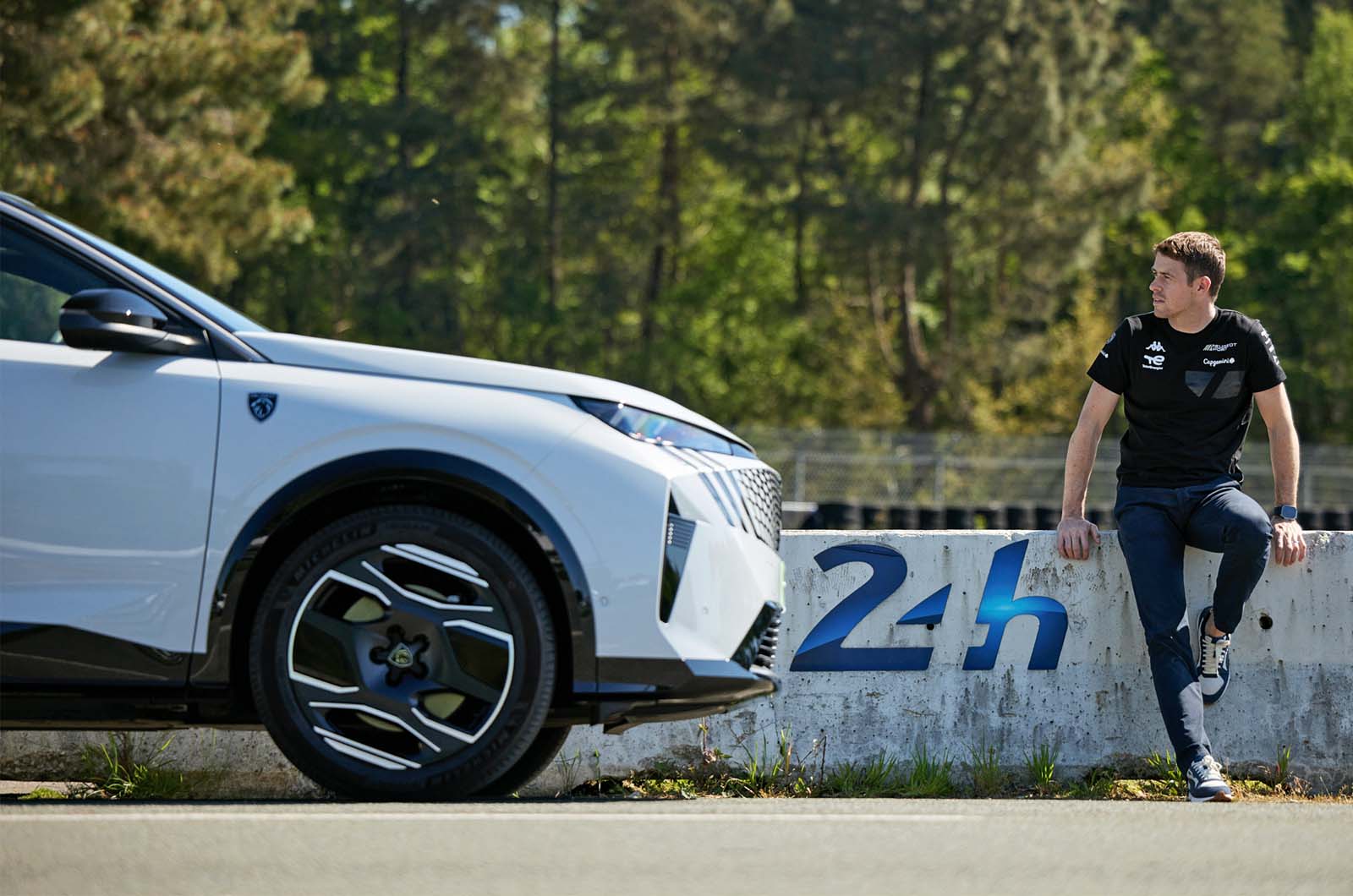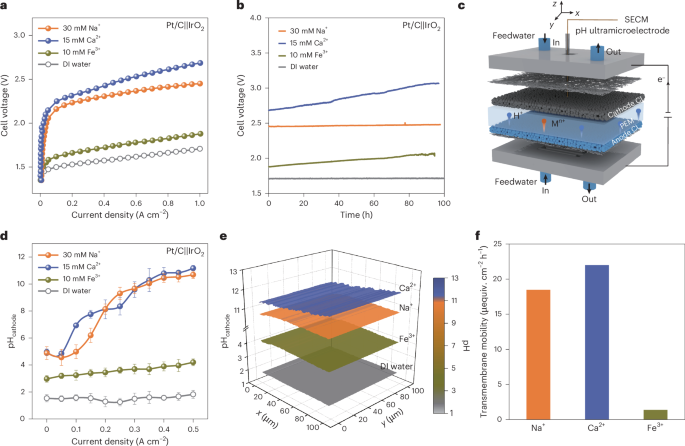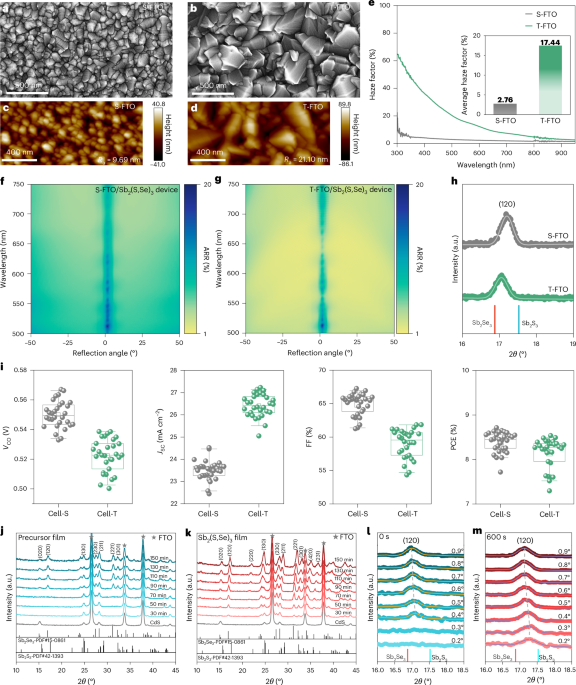STAT+: Pharmalittle: We’re reading about a Merck shot for RSV, a lawsuit over an Arkansas PBM law, and more
Merck won FDA approval for a shot that protects against RSV, the most common cause of hospitalization among infants

Top of the morning to you. Once again, menacing gray skies are hovering over the placid Pharmalot campus, but our spirits remain decidedly sunny, nonetheless. Why? We will trot out a bit of insight from the infamous Morning Mayor, who taught us that “every new day should be unwrapped like a precious gift.” While you tug on the ribbon, we will fire up the trusty coffee kettle to brew another cup of stimulation. Please feel free to join us. Remember, a prescription is not required, so no need to worry about rebates or copayments or all those other under-the-hood calculations that can make life challenging. Our choice today, by the way, is salted caramel. Meanwhile, here are a few items of interest. Hope you have a smashing day and conquer the world. And of course, do keep in touch. …
Merck won approval from the U.S. Food and Drug Administration for a shot that protects against RSV, the most common cause of hospitalization among infants, STAT notes. This is the third monoclonal antibody product to protect babies against respiratory syncytial virus to be approved by the agency, a development public health experts hope may eventually help to bring down the price of this effective but costly way of reducing the crushing burden of RSV illness on families and the health care system. The Merck drug, which will be marketed under the name Enflonsia, was approved for use in children under the age of 12 months. The wholesale price has been set at $556 a dose, Merck said, which is the same price charged for the shot of its major competitor, Sanofi and AstraZeneca’s Beyfortus. While the price points are the same, the two products have differences. There are two different-sized doses for Beyfortus, depending on a baby’s weight, and a single dosage of Enflonsia used for all babies. That could give the product an advantage in that pediatricians would not have to worry about giving the wrong dose to a baby.
Meanwhile, a Merck cholesterol pill succeeded in two late-stage studies, marking a win for the drugmaker as it focuses on the development of growth drivers beyond its cancer drugs and vaccines, Reuters writes. The company is searching for its next blockbuster candidate as its major revenue driver, Keytruda, is expected to lose patent protection by the end of the decade. Merck’s non-statin cholesterol drug, enlicitide decanoate, is being tested for the treatment of hyperlipidemia, a condition that causes elevated buildup of fat in the blood vessels and can lead to heart attacks and strokes. Enlicitide works by blocking PCSK9, a protein that plays a crucial role in regulating cholesterol levels, while statins block an enzyme the liver uses to make cholesterol. BMO Capital Markets analyst Evan Seigerman said the Merck drug could potentially provide a “multi-billion dollar opportunity” that expands the PCSK9 market beyond current injectable therapies. The drug showed meaningful reductions in LDL-C cholesterol, commonly referred to as “bad cholesterol”, when compared to placebo and other oral non-statin therapies.






















































































































































